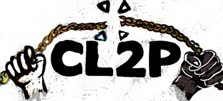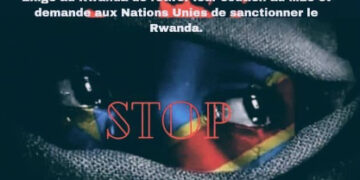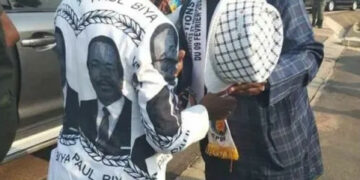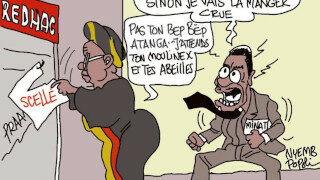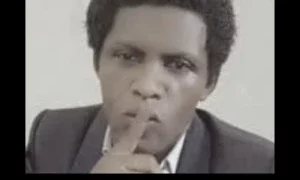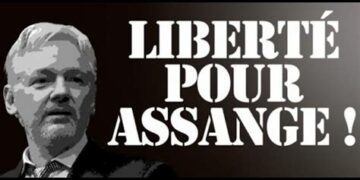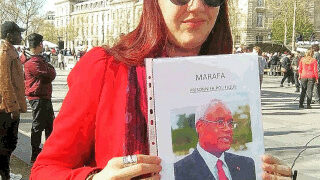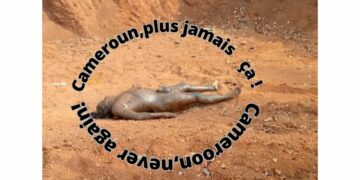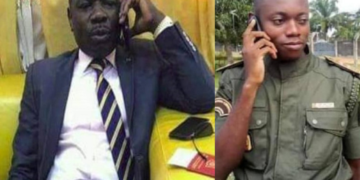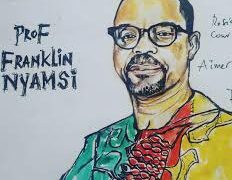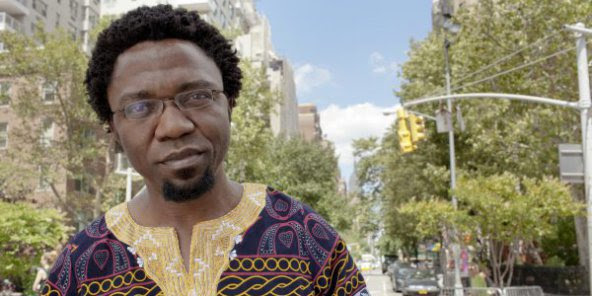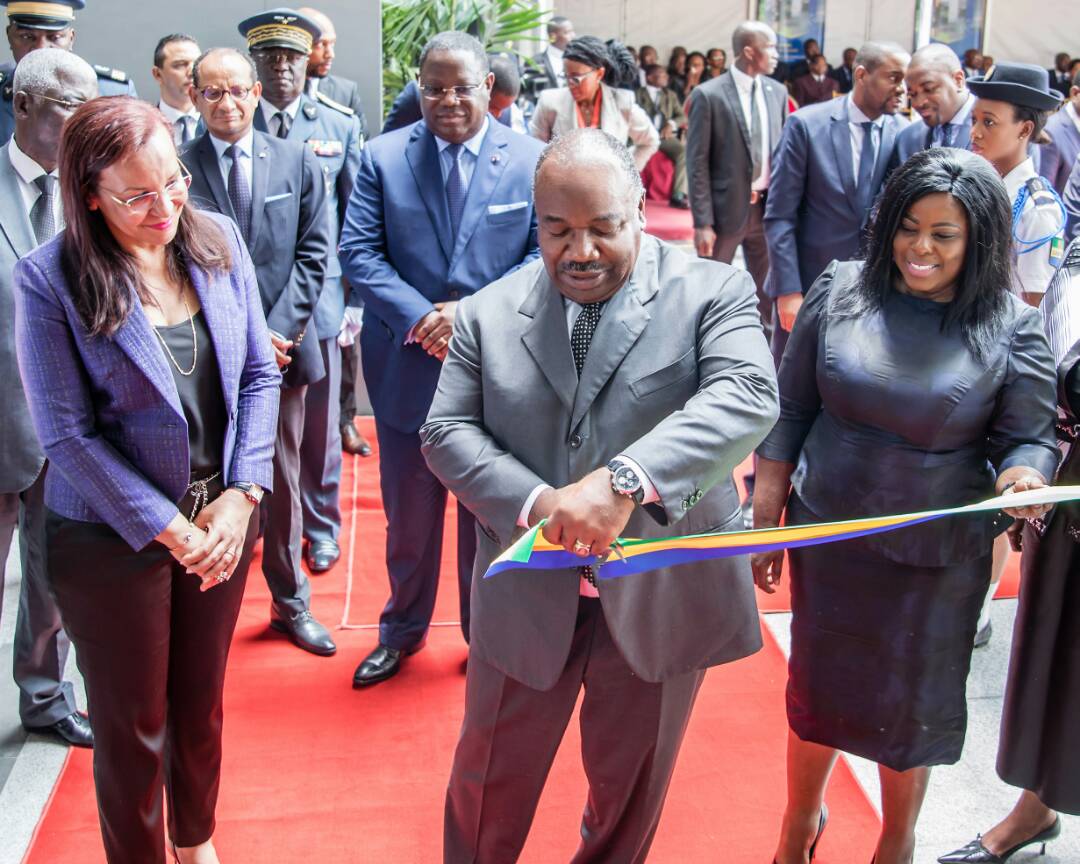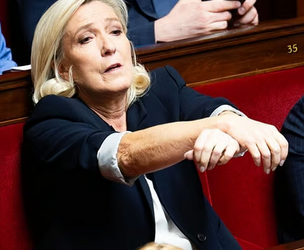Sir, it is a great pleasure having this exchange with you. Please, could you tell us your state of mind since you were expelled from Cameroon?
Patrice Nganang: I am quite fine, thank you. Maybe because I am convinced the regime has opened its last chapter, I have a peace of mind, and am prepared to return to Cameroon under the best conditions, conditions of freedom. I think the Cameroonian people, both Anglophone and Francophone, have reached a level of dissatisfaction that makes it impossible to support the Biya regime any longer.
Your arrest in Cameroon, some claim was in connection with your postings on social media: Facebook to be precise, what is your take on that?
The Biya regime always has a propaganda fig leaf, a kind of public corporation to protect its real maneuver. My arrest was no exception in that. I was arrested because of my visiting and writing about the Anglophone regions. It became clear to me from the very beginning, that my arrest was related to my activities in Anglophone country, when my guards started speaking to me in English, and calling me ‘Ambazonian.’ That I had written an article about my trip in the North West and the South West regions and published it in Jeune Afrique, a Paris-based and quite influential weekly magazine was the main reason for my incarceration, and the Facebook posting only served, as a mask.
Your arrest sparked a national and global outcry, but some Cameroonian intellectuals seem to have supported the government, what do make of those opposing views?
Patrice Nganang: I think Francophone intellectuals, for we are talking here about Francophone intellectuals, some lack a moral compass. The reaction to my arrest presented certain disarray amongst many of the visible ones, although their disorientation should not make us forget the tens and thousands, who signed petitions to demand my release. It remains that, some soul-searching is necessary for many of the most visible intellectuals, as some of their positions truly bordered fascist demands. For instance, not only in the way some of those visible Francophone intellectuals reacted toward my sentencing but also in the way some are reacting regarding the arrests of Anglophones. And I even read, some saying that, Anglophones are Nigerians!
Among those intellectuals who seem not to support you was Achilles Mbembe, why do think he acted the way he did?
Patrice Nganang: The best way would be to ask him, I think. I prefer to look at those tens of thousands who campaigned for my release.
You have become, a kind of flag-bearer of the Anglophone course, when did you develop such interest?
Patrice Nganang: A very long time ago, I must say. In 1999, I was in Limbe during the declaration of independence; nobody seems to be talking about now. But of course, as a Parlementaire, I was already convinced that no change would be possible in Cameroon without the active participation of Anglophone Cameroonians.
In 2005, I penned an article in Mutations, a Yaoundé-based daily, in which I expressed my total sympathy for the SCNC demands for independence, and continued with a series of articles in Le Jour, written with my friends Dibussi Tande and Joyce Ashuntantang, in which I tried, in my own way, to see through that people of good will find a way to destroy the apartheid structures that are pulling us away from each other. I would say that, I was always concerned by what is happening in the North West and South West, but my activism just became more intense with the current escalation of the crisis. After all, we are truly experiencing what I would call of Waterloo of the Biya regime.
Some people think, were it not for your articles published in Jeune Afrique on the crisis, you won’t have been arrested, but my question is, why would the government arrest you for a problem that, the world knows about?
Patrice Nganang: We should always know that the Biya regime is paranoiac. It is not a matter of knowing, but of publicizing the Anglophone crisis in outlets that are generally friendly to Yaoundé. Jeune Afrique has truly never formulated a sustained critique of Paul Biya. The shift in the editorial policy in favor of the Anglophone revolt, particularly by accepting to publish my article, was a revelation, and it is something I have also experience during my trip to Paris after my release. French people do not only show a clear sympathy for the Anglophone fight, they are also tired of Biya and of his antics. I think all of us truly want to see change in Cameroon.
Is it correct that, you said, if Southern Cameroon’s otherwise known as Ambazonia, were to become independent, you are ready to obtain the nationality of the new country?
Patrice Nganang: Oh, certainly, and even before. I don’t think I’ll wait for it to become independent to carry the Ambazonian nationality, as I consider myself as part of the fight for a Federal republic of Ambazonia to exist. I think any people that are oppressed have the fundamental right to defend themselves, and the freedom to chose the weapons they wants to fight with. For the moment Ambazonians are only reacting to Biya’s violence, yet am sure, there will come a moment, when they will also have to act. I am looking forward to seeing that moment, for I am sure Biya’s tribal army and militias will be sent packing.
How was your experience in prison?
Patrice Nganang: It was interesting. I was living in Quartier 11, amongst the wealthy inmates from the Epervier Operation, but I also visited the cohort of Anglophone prisoners daily. Since they cook and eat together, I always was with them for lunch, and for their daily communal experience. These are indeed my best experiences in prison. They gave me a standing ovation at my arrival, and took me as a member of their community. I still consider myself a member of the Anglophone community, and have pledged never ever to betray them.
Did you meet some Anglophone Cameroonian detainees?
Patrice Nganang: As a group, yes, and personally too. Look, before my arrest and incarceration, I had come to Kondengui to meet with Mancho Bibixy. Being in Kondengui after my trip to the English-speaking regions, I had enough time to sit and talk with him, which I did. But of course I also interacted with the leadership of what I call the Anglophone Parliament, all the detainees who gather to eat together.
What were your relationships with them and did anyone catch your attention?
Patrice Nganang: The best relation the very best. They all caught my attention, but I would like to insist on Conrad Tsi, not only because he is a writer like me, but because I am starting a campaign, an international campaign to get him released from prison. There is no way I would accept to see a writer, another one, in prison, and I think that raising my voice to defend him, will present the case of Anglophone detainees more forcefully.
Finally, what in your opinion is the future of Cameroon?
Patrice Nganang: The first best thing that will and should happen to Cameroon is the fall of the Biya regime. Every other thing depends on, and with come after that. The Anglophone crisis cannot find a sustainable solution with Biya as the president of Cameroon. The faster we get rid of him, the better. As for the country itself, it can only be better without Paul Biya. He must definitely go and he will.
Elie Smith: Thank you very much
Patrice Nganang: It is a pleasure.
Posted by Elie Smith
